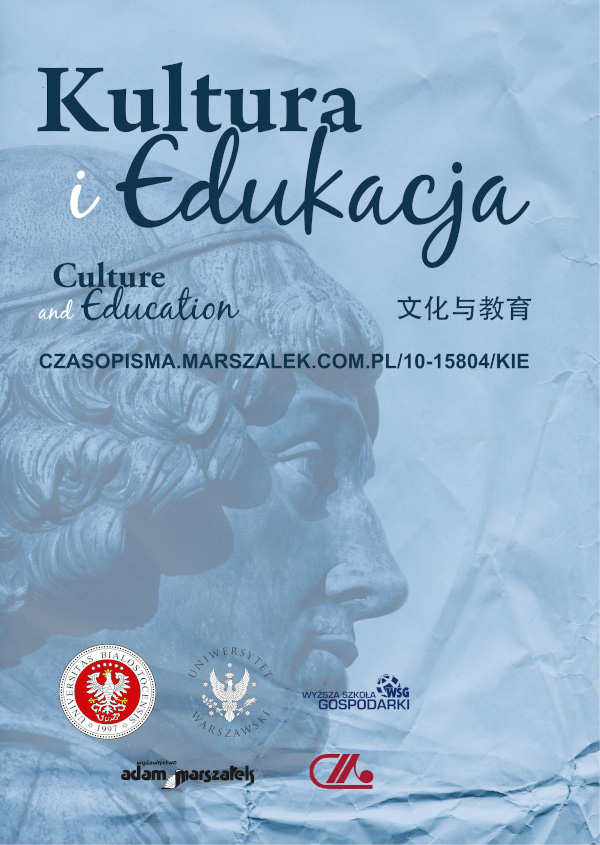Cultural Model of Disability – Origins, Assumptions,
Advantages
Cultural Model of Disability – Origins, Assumptions,
Advantages
Author(s): Andrzej TwardowskiSubject(s): Culture and social structure , Sociology of Culture, Welfare services
Published by: Wydawnictwo Adam Marszałek
Keywords: disability; culture; society; model; interdisciplinary approach;
Summary/Abstract: This article aims to describe the cultural model of disability. In contrast to the social model of disability, which is strongly coherent, the cultural model of disability has not yet been specified, despite ongoing discussions on cultural determinants of understanding disability. In the first part of the article, the origins and essence of the cultural model are presented. Next, the four main assumptions underlying the model are characterised: 1) people perceive reality through the prism of their culture and experience acquired with it, 2) disability can have different meanings depending on what kind of discourse constitutes its meaning, 3) disability does not mean a feature of an individual, but a category of human differentiation, which can be embodied and thus materialised, 4) instead of just “looking” at people with disabilities and asking what problems they are struggling with, and what support from the society they need, the current perspective should be broadened and include the entire society and its culture. The final part of the article highlights the most important advantages of the cultural model of disability.
Journal: Kultura i Edukacja
- Issue Year: 136/2022
- Issue No: 2
- Page Range: 48-61
- Page Count: 14
- Language: English

